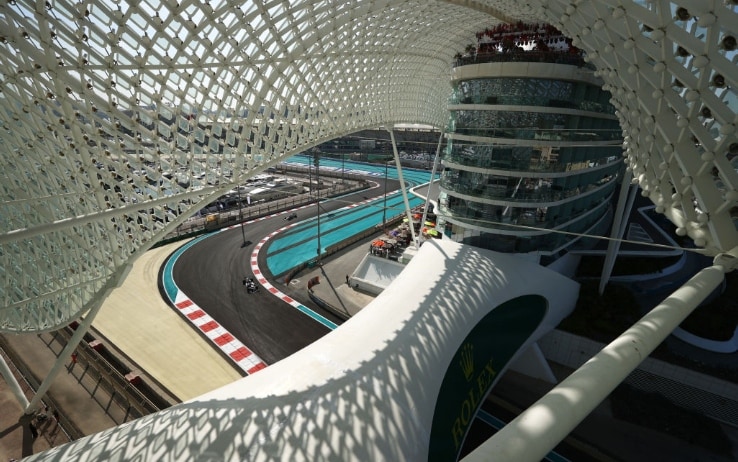Researchers at TU Delft have developed a method to monitor the formation of kidney stones on a microscopic scale in a so-called ‘kidney on a chip’. The research was recently published in Biomicrofluidics.
It is still unclear exactly which chemical processes take place in the kidney when kidney stones form. That is why researchers Fatma Ibis and Burak Eral and their colleagues developed a microfluidic platform – a ‘kidney on a chip’ – to view kidney stone formation on a microscopic scale. They observed that changes in the pH value and magnesium concentration slowed down or even completely prevented kidney stone formation. Ultimately, the researchers believe the mechanism could be used with patients’ urine, providing personalized treatment for kidney stones.
Sources:
TU Delft Ibis F, et al. (2021). Nucleation kinetics of calcium oxalate monohydrate as a function of pH, magnesium, and osteopontin concentration quantified with droplet microfluidics. Biomicrofluidics. 2021;15:064103.
–


